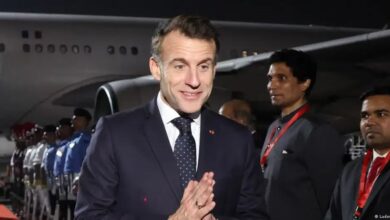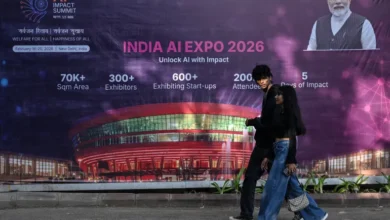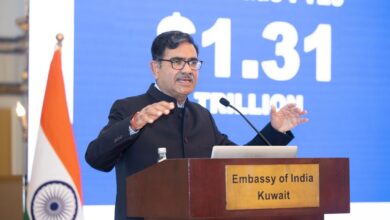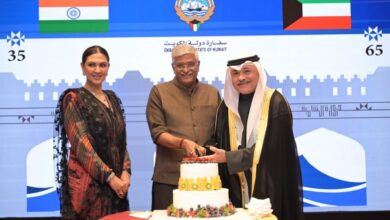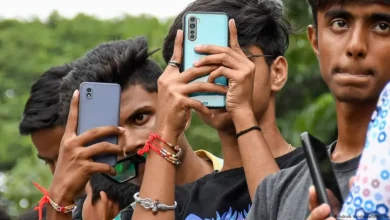J&K Parliamentary Elections and Indian Democracy’s Indomitable Spirit
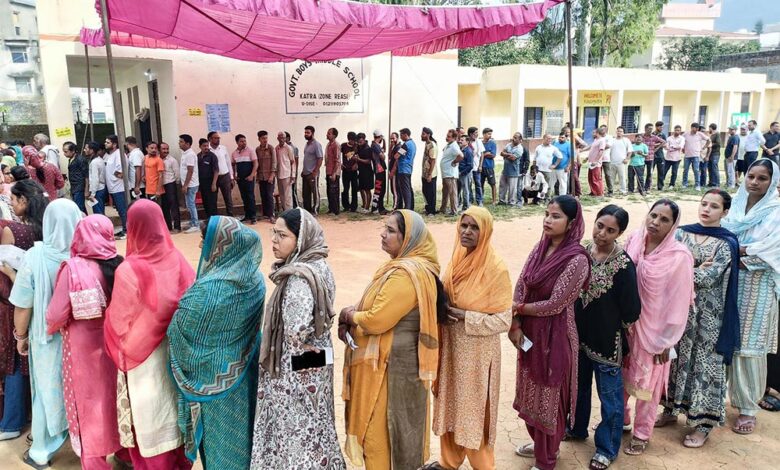
The first assembly elections in the Union Territory of Jammu and Kashmir since the abrogation of Article 370 in 2019 have been successfully conducted by the Election Commission of India (ECI). Jammu and Kashmir saw a 61.38% voter turnout in the first phase of assembly elections on September 20, 2024 with 63.75%, Male turnout and 58.96% female turnout.
The second phase of assembly elections in Jammu and Kashmir on September 25, saw a 56.05% voter turnout in 26 constituencies spread across six districts of the Union Territory in which the highest polling of 71..81% was recorded in Reasi while the lowest turnout of 28.11% was recorded in Srinagar. The third and final phase of voting in the Jammu and Kashmir assembly elections unfolded on October 01, covering a total of 40 assembly seats. The final phase of Assembly polls saw a turnout of 65.58 per cent. The three border districts of Kashmir — Baramulla, Bandipora and Kupwara — registered a voter turnout of 60 per cent with traditional boycott bastions of Sopore and Baramulla towns witnessing the highest turnout in an election in the last three decades.
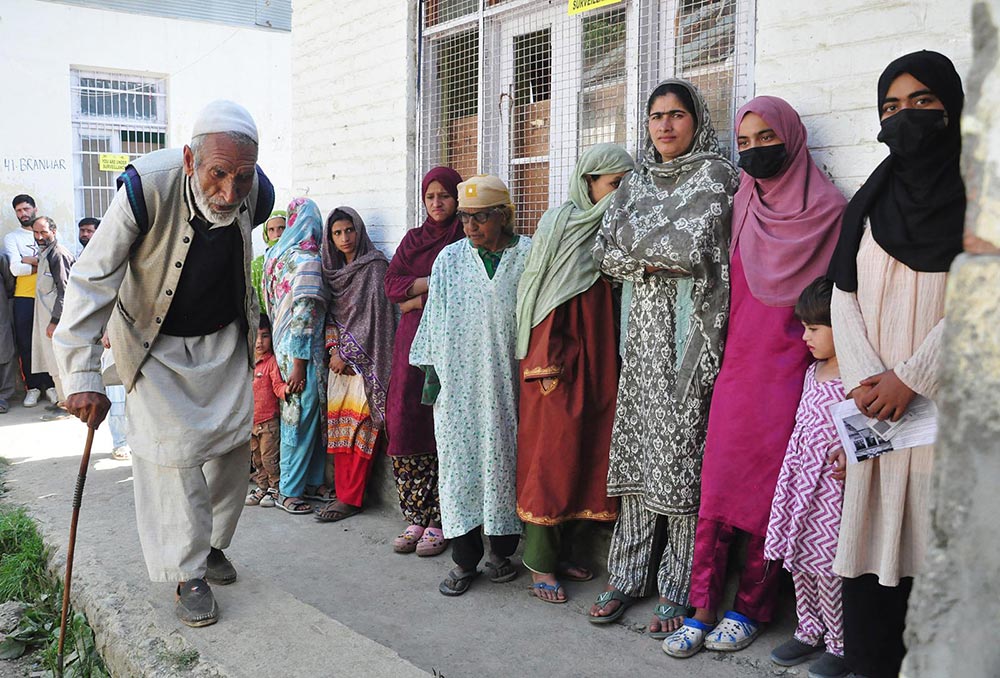
These elections have witnessed a significant increase in voter turnout in areas which have been infamous for militancy and boycotting democratic processes. Polling percentage has increased by 12.97% in Pulwama AC in the Legislative Assembly Elections 2024 compared to the corresponding elections held in 2014. Zainapora AC in Shopian saw a 9.52% increase while Eidgah AC in Srinagar registered a 9.16% increase, reflecting growing confidence in the electoral process.
According to the election commission data, Sopore town, which was once a hotbed of separatism and militancy, witnessed a turnout of 41.44 percent — 11 per cent more than the 2014 Assembly polls. In the Baramulla Assembly seat, nearly 48 percent of voters exercised their franchise. The turnout in this election was 8 per cent more than in 2014. The Pattan Assembly segment also registered a higher voter turnout compared to 2014 as nearly 61 percent of the electorate cast their votes.
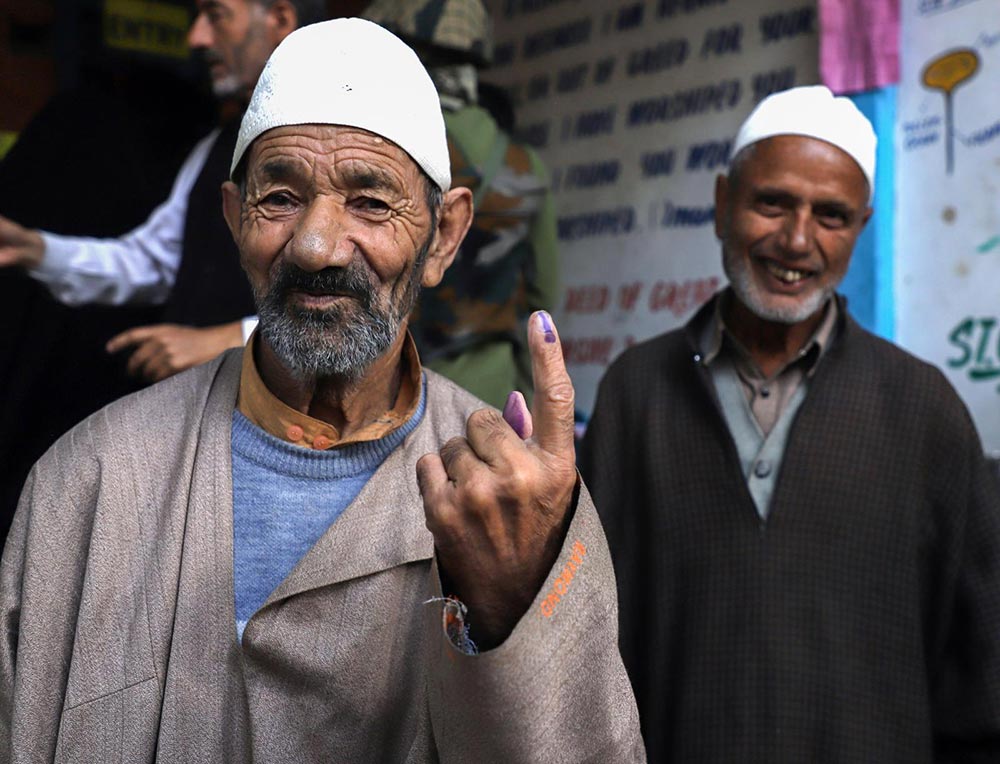
In the Kashmir Valley, the constituencies are spread across the districts of Baramulla, Kupwara, and Bandipora, located along the Line of Control. Sajad Lone, who lost Baramulla Lok Sabha seat to Engineer Rashid, is contesting assembly elections from Handwara and Kupwara. Sheikh Khurshid, Rashid’s brother, is running from the Langate seat. Langate has been Rashid’s stronghold, where he previously won as an Independent.
Prominent candidates in Kashmir include CPI (M)’s Mohammad Yousuf Tarigami, AICC general secretary Ghulam Ahmad Mir, National Conference’s Sakina Itoo, PDP’s Sartaj Madni, Abdul Rehman Veeri, Iltija Mufti, running from Bijbehara, NC’s Bashir Ahmad Veeri and BJP’s Sofi Mohammad Yousuf. BJP’s young face Shagun Parihar, whose father Ajit Parihar and uncle Anil Parihar were killed by terrorists in November 2018, and Mehraj din Malik of AAP are among other prominent faces in the fray.
One of the key factors attributed to the higher voter turnout in Sopore was the presence of Independent candidate Aijaz Ahmad Guroo, the brother of Parliament attack convict Afzal Guru, as a contestant.
Guroo, who has not completed his matriculation, expressed his commitment to upholding the Constitution and addressing the pressing concerns of Sopore. With a promise to uplift the area and create job opportunities for the youth, Guroo is determined to carve out a distinct political identity, separate from his brother’s controversial legacy. “The vision of my brother was different and mine is different,” he said in an interview with PTI Videos while emphasising that his focus is on development rather than separatist ideologies. Sopore gained notoriety in the early 1990s amid a rise in terrorism and is known to be the seat of Separatist leader Syed Ali Geelani.
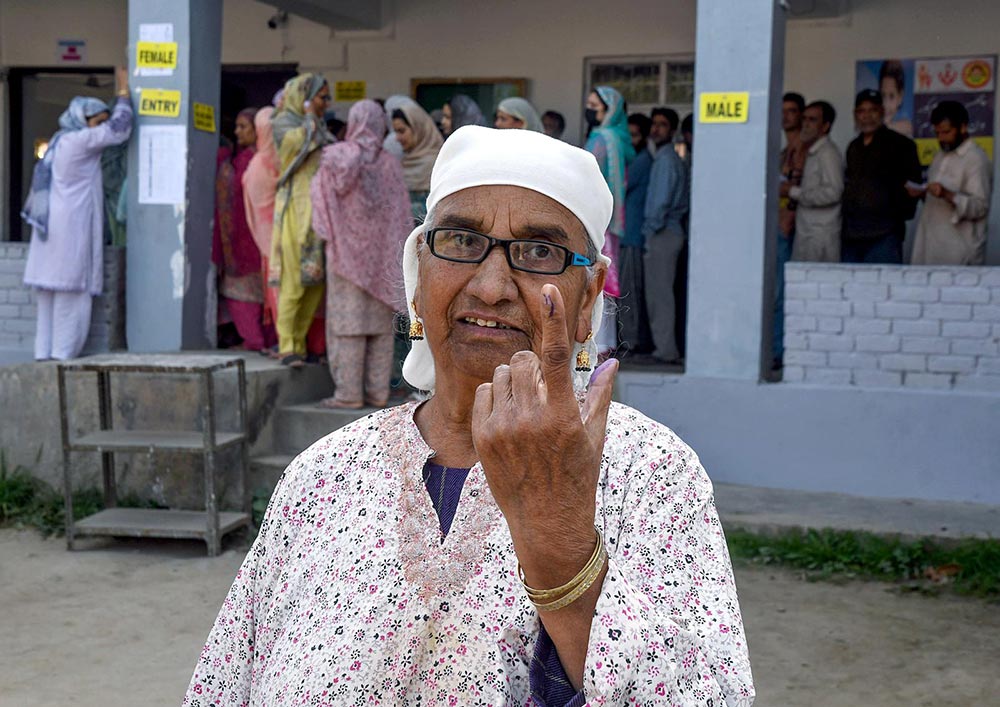
Fighting the J&K polls on a development and employment plank Guroo has vowed to address the needs of the underprivileged while asserting that the challenges faced by Sopore mirror the broader problems across Jammu and Kashmir. He alleged that the influence of the National Conference was responsible for the atmosphere of fear and violence in the area.
Amid the buzz, two men with moist eyes caught everyone’s attention at a polling station in the Brath Kalan area of Sopore. After they registered their vote, they made an appeal to their sons who they said have joined militant ranks, to return home. For Ghulam Hassan Mir, whose son Omar joined militancy a few years ago, voting is an opportunity to get what people can’t achieve through guns and grenades. “I urge my son Omar to return home and live a peaceful life with us. Picking up arms won’t yield anything for us. For the past 30 years, guns have taken lives and shattered the dreams of many fathers and mothers,” Mir said as tears rolled down on his cheeks.
Mir was accompanied by another man, Muhammad Hamzah. Hamzah’s son, Bilal too has joined the militant ranks. “If my vote brings my son back, I will never miss this opportunity. I will vote again and again. I urge my son Bilal to return to his home. His parents are waiting desperately for his return. We don’t want to shoulder his coffin. We want to see him getting married,” said Hamzah.
In Baramulla, Jamaat-e-Islami-backed independent candidate Abdul Rehman Shalla entering the fray seems to have had a positive effect on the voter turnout.
The large number of people are voting in the last phase of assembly elections in Jammu and Kashmir and voting percentage has been unexpected. Among crowds of enthusiastic voters in the third and final phase of the Jammu and Kashmir Assembly polls, persons with disabilities, both young and old, were at the forefront, including a 100 year-old woman in Bandipora.
The Election Commission of India (ECI) took to its official handle and posted on X, “100 Years Strong! VoiceYourChoiceMala Begum, a Centenarian voter, sets an Inspiring example by casting her vote at a polling station in Bandipora. Democracy’s Indomitable Spirit Shines Through! Phase3.”
The poll body also wished everybody ‘Happy Voting Day’ to mark the final phase of the voting in Jammu and Kashmir – “Celebrate Jashn-e-Jamhuriyat and go vote in Phase 3,” read the post by the ECI.
Among the elderly, 95 years old, Bal Krishan also cast his vote at a PwD Managed Polling Station in Udhampur and expressed gratitude to the Election Commission of India for providing all required facilities. Another 96-year-old female voter Kamala Devi also casts her vote at polling station 102-Vijaypur.
Furthermore, the J&K assembly elections allowed hundreds of West Pakistan refugees in the border town of R S Pura to cast their votes for the first time ever. Around 1.5 to 2 lakh people residing in various areas of Jammu, Samba and Kathua districts, particularly in the border regions, members of three communities — West Pakistan refugees (WPR), Valmikis, and Gurkhas — finally have domicile status following the abrogation of articles 370 and 35-A. This made them natives of J&K and therefore got rights to vote in the assembly elections. This marks a historic moment for many who have long lacked political representation in the J&K assembly for the past 75 years
Expressing enthusiasm, former Deputy CM of J&K and BJP leader Kavinder Gupta said, “Elections are taking place in Jammu and Kashmir after 10 years and there is enthusiasm among the people of Jammu and Kashmir. Today, people have shown their gratitude towards democracy and have expressed their faith in it, so I am sure that the government that will be formed will be in favour of democracy.”
The Assembly polls held peacefully and without any violence, have demonstrated how Kashmir’s youngsters have joined the national mainstream and rejected terrorism and violence.







